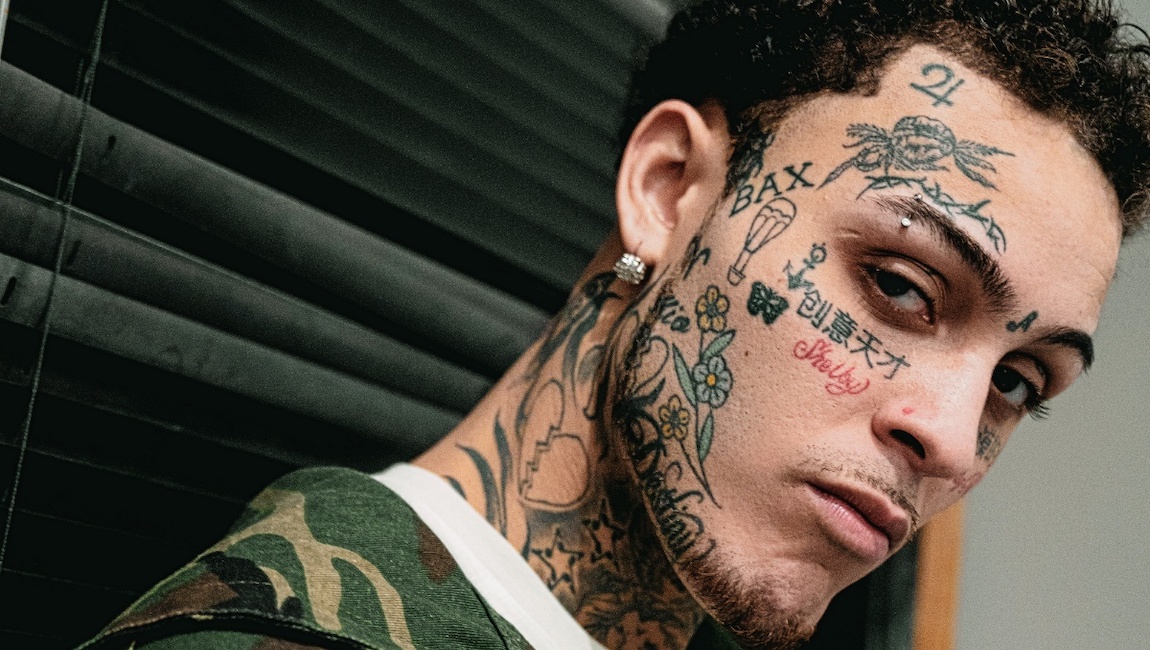Happier Than Ever proves there’s plenty Eilish and her brother still have yet to reveal.
“Do you know me?” Billie Eilish asks listeners at about the half-way point on her ironically-titled sophomore release, Happier Than Ever. She sounds dejected, almost defeated; she then proceeds to ask the question again, this time more vexingly: “Really know me?” Her voice, now distorted, is flat, yet her vocal’s resolve and prosaic lyricism firmly situates the song’s tension around the one-sided nature of parasocial relationships. She points out how people have opinions on her opinions, on her clothes, how she presents herself, how she dresses — she also makes an astute observation that even if you’re supposedly “on her side,” if you’re a grown adult, that’s still super weird — which makes the opening inquiry’s tone all the more acidic. One could reasonably compare this spoken-word interlude (“Not My Responsibility”) with another sonic respite of sorts: Radiohead’s “Fitter Happier,” which used a synthesized voice application to achieve the same numbing, fourth-wall breaking effect. But that track ended after a few minutes, and had SimpleText’s Fred vocalizing and authenticating a distanced affect; Eilish doesn’t allow listeners the ability to tune out after a few minutes, as she verbally accosts them over her brother’s routinely minimal production.
On an album that’s thematically defined by power dynamics — more specifically, about figures of authority abusing their control and influence within a cultural industry that’s predicated on exploiting young talent — this is a moment of self-reclamation, a more didactic one amidst some of the more anxious sentiments expressed elsewhere. Opener “Getting Older” serves as the introductory statement of sorts for the rest of the album: the track’s gentle, plodding synth beat is sparse and reserved, with Eilish’s vocals sounding frail and vulnerable — she laments both growing up and growing up in the public’s scrupulous eye, the crushing isolation that comes with newfound fame (“Which is ironic ’cause the strangers seem to want me more / Than anyone before”), and the personal trauma, usually inflicted by older men, that seems to accompany women as they enter into adulthood. It’s a lot to take in, all gracefully balanced across a pensive tempo — then a pitbull’s rabid growling crashes through, straight into “I Didn’t Change My Number.” It’s a devilish move that would have suited the Eilish’s siblings’ last studio album more naturally — which only makes sense on a track that’s more in tune with their last record’s sensibilities as well, with Billie vocally sashaying around the ensuing barking.
This, “Therefore I Am,” “Lost Cause” (a track practically constructed around the idea of “what if we only had a bass guitar in the mix?”), and mischievous “NDA” — with it’s puckish violin strings plucking away — all pace themselves and fall into similar rhythms as the songs on When We All Fall Asleep, Where Do We Go?, but that’s about all those two records share on a compositional level. The remaining tracks vary in terms of musical genres (MPB on “Billie Bossa Nova”; acoustic folk on “Your Power”) and production styles (the stuttering vocal sample that comprises the beat of “Goldwing”), often radically swaying between these diverse modes with a sequencing order seemingly created to infuriate with how nonuniform it appears to operate. Undoubtedly, this is a result of the album’s slow roll-out, starting all the way back in mid-2020 with “My Future” — but what results is a constant work-in-progress that suits the arrested development of its central performer, one that’s somehow both sonically comprehensive while also concentrating its intimate songwriting efforts around a single individual’s affected experiences. On the beautiful, melancholic “Halley’s Comet,” the re-occurrence of a passing nebular mass turns into a play on words for how emotionally available one is; and on the album’s title track — which keeps building in intensity, with its drums banging louder and louder — she reverses the sentiment wholesale (“Just fuckin’ leave me alone”) against a lover who didn’t have time for her mom and now talks shit about her on the internet. In a sense, this takes us back to the first penetrating question, or at the bare minimum re-contextualizes it: “Do you know me?” Eilish, here once again, proves there’s plenty she and her brother still have yet to reveal.
Published as part of Album Roundup — July 2021 | Part 4.







